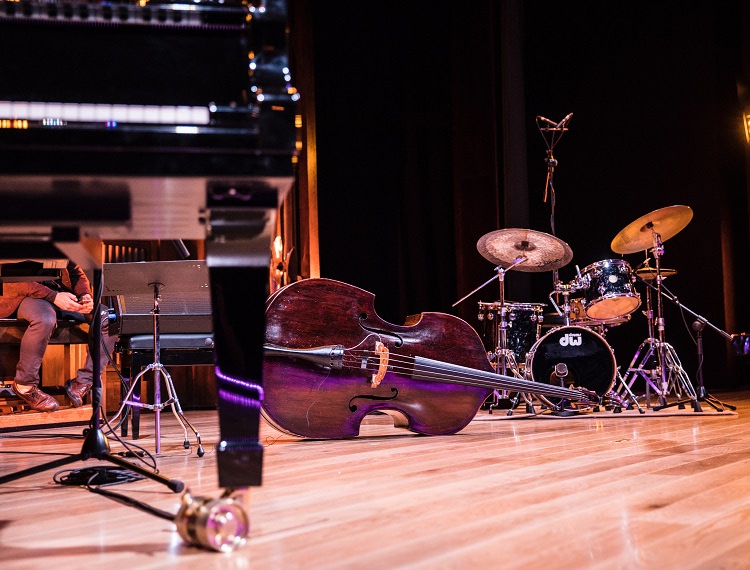Multi-million pound culture boost for programmes that enable young people to learn creative skills and widen their horizons

Thousands more children will be able to learn instruments and play in orchestras or choirs thanks to a further £80million investment by the Government in music hubs.
Alongside this investment, charities that help young people learn about different styles of music are also set to receive a further £1 million next year to support the next generation of musicians.
Pupils will also have more opportunities to put their film making skills to the test, explore museums or take to the stage, as a series of other cultural education programmes receive an additional £4 million funding boost next year.
School Standards Minister Nick Gibb has announced this multi-million-pound package today (Friday 3 January) alongside a manifesto commitment to offer an ‘arts premium’ to secondary schools to allow young people to learn creative skills and widen their horizons.
 School Standards Minister Nick Gibb said:
School Standards Minister Nick Gibb said:
“Music, arts and culture play an essential role in enriching pupils’ education, and we want to give as many young people as possible the opportunity to learn an instrument or perform in a choir or a band.
“Our continued investment will play an important role in helping young people widen their horizons and access all the opportunities that learning a musical instrument can provide – whether that be playing for pleasure or performing.”
The curriculum schemes that will receive a total of £85 million for 2020/21 are as follows:
- Music Education Hubs;
- In Harmony;
- National Youth Music Organisations (NYMOs) and Music for Youth; and
- Cultural education (Heritage Schools, BFI Film Academy, Museums and Schools, ACE Bridge Network, National Youth Dance Company, Saturday Art and Design Clubs).
Music education hubs, which are organisations that give pupils access to instruments and support whole classes to play together, have transformed the teaching of music in schools through subsidised instrument lessons and ensembles.
These hubs have been supported by £300million between 2016 and 2020, which forms part of an overall investment of £500million in the arts during that period, making it the second highest funded element of the curriculum behind PE.
Hannah Fouracre, Director Music Education, Arts Council England said:
“We’re delighted that this funding from the Department for Education has been confirmed.
“These programmes support a creative, diverse and inclusive music education for children and young people across England.”
 Angela Rayner, Shadow Secretary of State for Education, commenting on the government’s announcement on culture funding for children in schools, said:
Angela Rayner, Shadow Secretary of State for Education, commenting on the government’s announcement on culture funding for children in schools, said:
“This additional funding, however welcome, is not sufficient to address the impact of a decade of austerity.
“Under the Tories the curriculum has narrowed, teaching of arts subjects has plummeted, and the additional funding being promised for schools will not even reverse the government’s own cuts.
“A Labour government would give our schools the resources they need, including an Arts Pupil Premium so that every child can learn a musical instrument.”
According to a report by Arts Council England, this work has reached 89% of schools and seen over 700,000 pupils learning instruments together with their classmates in 2016/17.
Music, art and design, drama and dance are included in the national curriculum and compulsory in all maintained schools from the age of 5 to 14, as part of a commitment to ensure pupils to get a broad, balanced education. The programmes help pupils benefit from high-quality teaching in these vital areas and access a wide range of additional teaching opportunities, building on what happens in the classroom.
In Harmony provides intensive orchestral training to pupils in extremely disadvantaged areas and is intended to develop positive character traits in pupils such as a sense of loyalty and commitment and to improve parental engagement in education.
National Youth Music Organisations are elite ensembles which also receive funding from Arts Council England and charitable organisations, as well as fees from members’ parents.
Music for Youth provides opportunities for thousands of children to take part in, and attend, a series of music festivals.











Responses